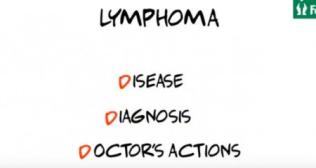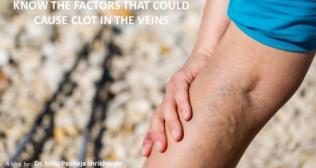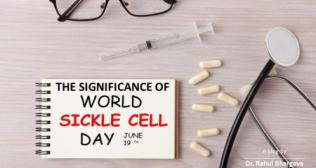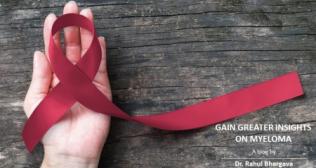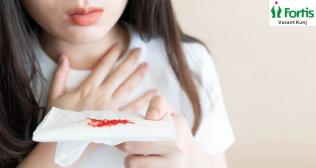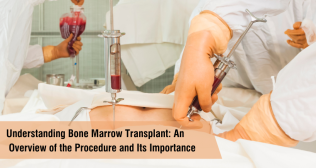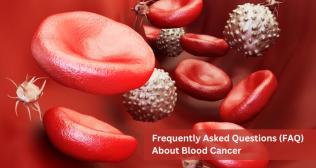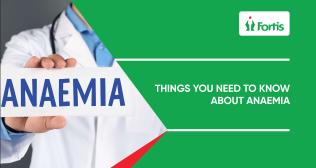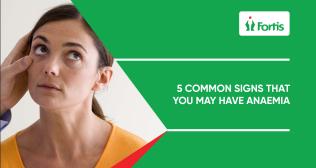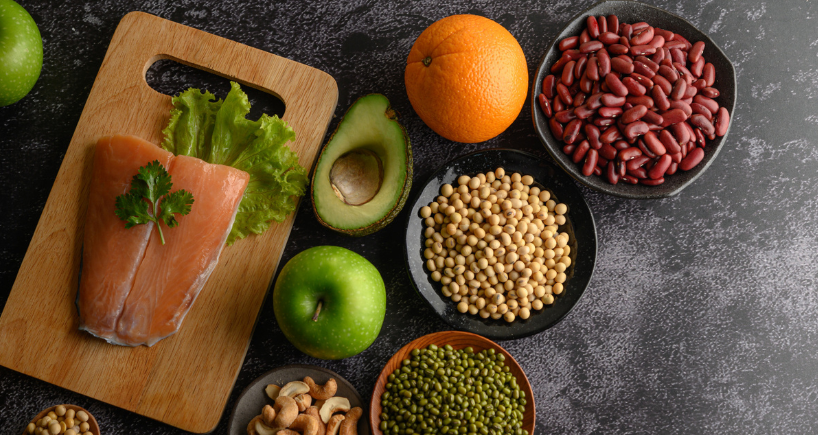
Haematology
Top 10 Iron-Rich Foods to Prevent Haemoglobin Deficiency
admin Dec 20, 2024
Iron deficiency anemia affects millions of people worldwide, leading to fatigue, weakness and reduced immunity. This condition can be treated with appropriate nutritional foods rich in iron in the diet that help to boost the immune system. Let’s take a look at the top ten iron-rich foods to incorporate into your meals to prevent hemoglobin deficiency.
Ten best iron-rich foods
- Leafy greens: Green leafy veggies such as spinach and fenugreek are the best choice of foods that contain plant-based iron called non-heme iron. These foods are well absorbed when consumed with vitamin C-rich foods such as citrus fruits or tomatoes.
- Toss spinach into your morning smoothie or sauté kale with garlic for a quick, nutritious side dish. Adding spinach leaves in rotis, sandwiches or rolls can enhance the taste of the dishes and boost energy as well.
- Poultry and fish: Chicken, turkey and fish, like salmon, mackerel and sardines, are excellent alternatives to red meat. They provide heme iron while being lighter on your digestive system. Shellfish like clams, oysters and shrimp are also rich in iron and add a flavorful twist to meals.
- Red meat: It is a rich source of heme iron, which is easily absorbed by the body. Beef, lamb and veal are great options. However, moderation is key. Experts recommend limiting red meat to about two servings per week to avoid potential health risks.
- Opt for lean cuts and pair them with iron-friendly sides like roasted sweet potatoes.
- Eggs: Eggs are an all-time food with a nutritious source of heme iron. They are especially helpful for people who prefer lighter animal protein options.
- Prepare a spinach and ham omelette for a double dose of iron and vitamin C.
- Legumes: Beans, lentils and chickpeas are staples in vegetarian and vegan diets, offering high amounts of non-heme iron, fibre and protein. They are a great addition to salads, soups or dips.
- Make a hearty lentil soup or blend chickpeas into hummus for a satisfying snack.
- Nuts and seeds: Pumpkin seeds, sunflower seeds, almonds and cashews are rich in non-heme iron. They are easy to incorporate into snacks or meals. Sesame seeds, including tahini, are another fantastic choice.
- Sprinkle roasted pumpkin seeds over salads, or add a spoonful of tahini to your favourite dressing.
- Dark chocolate: It is both delicious and a great source of iron. It is rich in antioxidants, contains heart-healthy properties, and is a mood booster. Dark chocolate can be used in smoothies, prepared by blending bananas, a spoonful of cocoa powder, almond milk, and a handful of spinach. Top it with dark chocolate crumbs.
- Fortified grains and cereals: Many breakfast cereals, bread and pasta are fortified with iron. Look for whole-grain options to get additional nutrients like fibre and B vitamins.
- Start your day with fortified oatmeal topped with raisins and fresh berries for an iron-packed breakfast.
- Dried fruits: Dried fruits like apricots, figs, prunes and raisins are not only sweet treats but also excellent sources of non-heme iron. They are perfect for snacking or adding to dishes like salads or yoghurt.
- Mix dried fruits with nuts for a quick trail mix, or use them as a topping for oatmeal.
- Sweet potatoes: This nutrient-dense root vegetable is an excellent source of iron and pairs well with a variety of dishes.
- Roast sweet potato wedges and drizzle with maple syrup for a delicious side dish.
How to maximise iron absorption?
To get the most out of iron-rich foods, keep these tips in mind:
- Consume along with vitamin C sources: Consuming vitamin C sources, such as strawberries, bell peppers and citrus fruits, with iron-rich sources improves iron absorption.
- Use cast iron cookware: Cooking in cast iron vessels can increase the iron content of your food. Acidic foods like tomatoes can help release more iron from the cookware.
- Follow supplement advice: If prescribed iron supplements, take them as directed by your healthcare provider. Supplements are often necessary for those with iron deficiency anaemia or at risk of deficiency.
Conclusion
Incorporating iron-rich foods into your regular meals is essential for health. Using cast iron cookware or pairing iron-rich foods with vitamin C sources can improve iron absorption. If more than dietary iron is needed, consult a doctor about supplements.








